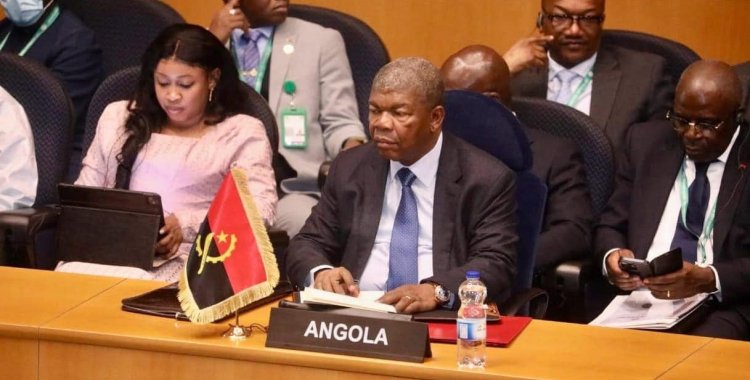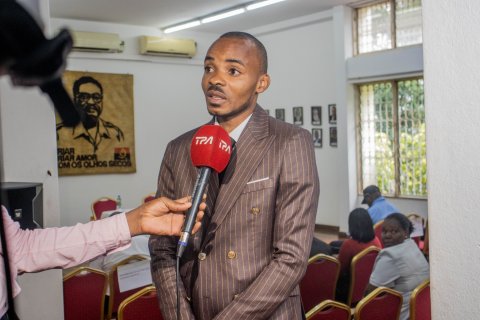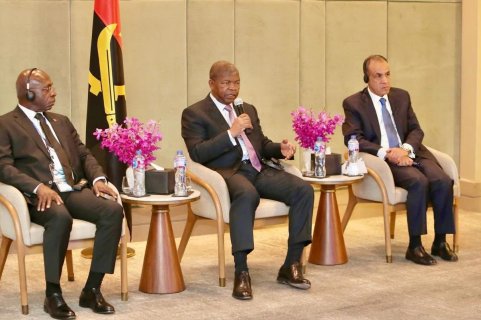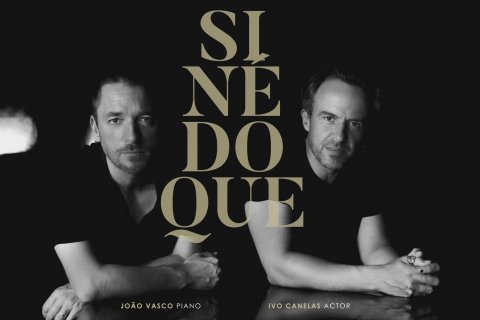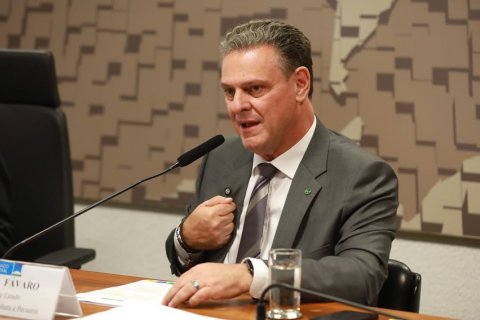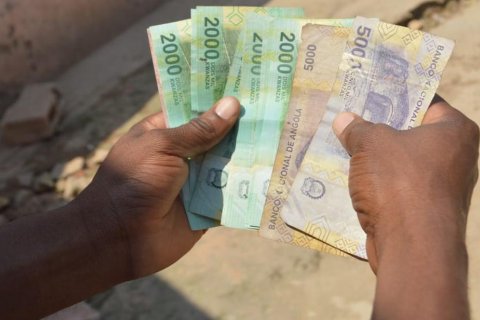"We are ready to continue working under the auspices of the new president of the African Union who is also the champion of peace and reconciliation in the Nairobi and Luanda processes," said Bankole Adegboyega Adeoye at a press conference on the sidelines of the 38th summit of heads of state and government of the African Union, where he discussed conflicts in various parts of the African continent.
When asked by Lusa about a possible handover by João Lourenço regarding his role as mediator, he said he was not aware of it and said that President João Lourenço is the mediator of the Luanda process mandated by the African Union and the International Conference of the Great Lakes Region.
When asked about a possible single diplomatic process that would replace the diplomatic initiatives of Nairobi and Luanda, he said that it was a work in progress and that it was discussed at the Extraordinary Joint Regional Summit between the Heads of State of the Southern African Development Community (SADC) and the East African Community (EAC) that took place on 8 February, which mandated the foreign ministers and the AU commission to analyse a possible merger.
"We will continue to ensure that everything we are doing will lead to peace in the DRC and by extension in the Great Lakes region", he stressed.
In an interview with Jeune Afrique, João Lourenço said that he will remain committed although he believes that in his new role as pro tempore president of the African Union he should not dedicate himself exclusively to one conflict.
"To be clearer, I want to say that the baton should be passed to another country, to another head of state, to mediate this conflict so that the president of the African Union can dedicate himself to this conflict, but also to other conflicts," he said.
Lourenço added that there should be other countries and heads of state who are willing to do so and that the decision will be made at the level of the African Union.
Angola assumed the rotating presidency of the African Union on Saturday.
On Friday, João Lourenço argued that the peace effort in the east of the DR Congo depends on the "serious engagement of the parties and coherence with the commitments made".
João Lourenço made this appeal in a speech at the high-level meeting of the Peace and Security Council of the African Union, where he reported on the work carried out since February 2024 as president-in-office of the International Conference of the Great Lakes Region (ICGLR).
According to a note sent by the presidency, the government official expressed his "firm and unequivocal repudiation" of the current events, but stressed that we should not "throw away the gains obtained so far with much perseverance, patience and hard work".
"I remain fully available to launch initiatives that will lead the parties to sit down at the negotiating table again, following the Joint Summit of Heads of State and Government of SADC [Southern African Development Community] and the East African Community, held in Dar-es-Salaam on 8 February, so that a definitive end can be put, through dialogue, to this conflict", he stressed.
In his speech, the head of state pointed to the current situation in the east of the DR Congo, recalling that "it is directly related to the harmful action carried out in Congolese territory by the M23 forces, which unfortunately enjoys substantial external support".
"This escalation of the conflict was preceded by the failure to hold a summit scheduled for 15 December 2024, due to the absence of His Excellency Paul Kagame, President of the Republic of Rwanda, which was expected to sign a peace agreement between Rwanda and the DRC, which had been built over several months", he stressed, recalling the Angolan mediation.
João Lourenço also listed the understandings reached within the scope of the Luanda Process, guaranteeing that they "fully reflect the concerns of the parties" and that if it had moved forward it would have allowed "the humanitarian tragedy, the destruction of important infrastructure in the city, the deaths and other serious events that are currently occurring in the East of the DRC" to be avoided.
"It is essential to stress that the issue of the M23 is not objectively and directly referred to within the scope of the Luanda Process because it has always been understood that matters relating to the different political forces operating within the DRC should be dealt with within the framework of the Nairobi Process", he also pointed out in his speech.
The offensive by the M23 – composed mainly of Tutsis victims of the 1994 Rwandan genocide – has increased tensions between the DR Congo and Rwanda, with Kinshasa accusing Kigali of supporting the armed group, an allegation confirmed by the UN.
For their part, Rwanda and the M23 accuse the Democratic Congolese army of cooperating with the Democratic Forces for the Liberation of Rwanda (FDLR), a group founded in 2000 by genocide leaders and other exiled Rwandans to regain power in their country, a collaboration also supported by the UN.
Since 1998, eastern DR Congo has been in conflict fuelled by rebel militias and the army, despite the presence of the UN peacekeeping mission in the country.

